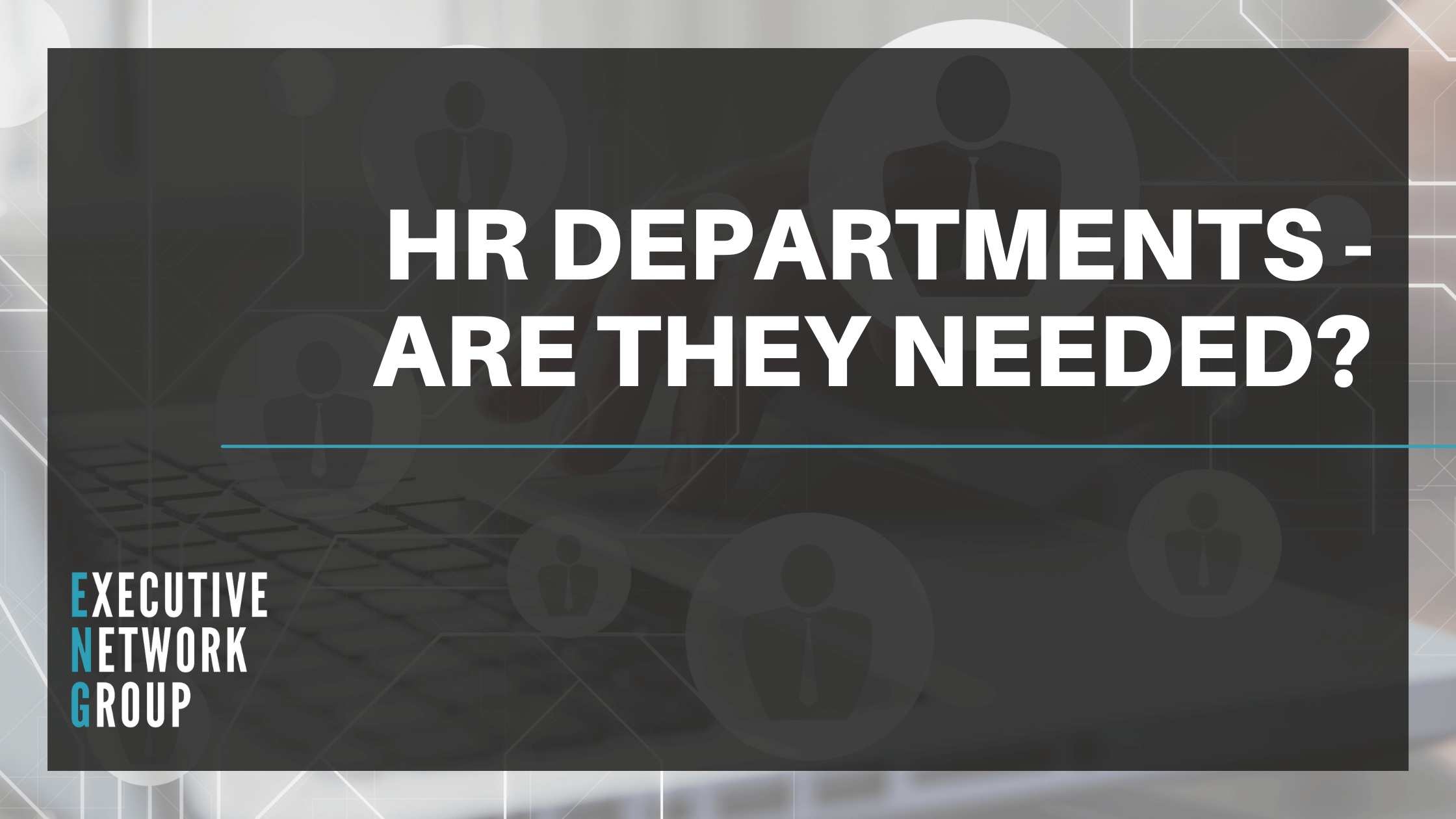HR Departments - Are They Needed?

Traditionally, a HR department consists of a group of people that keep everything held together, they keep everything under control, deal with queries and ensure the workplace runs smoothly and without conflict. However, the function is a lot more important to an organisation – from aligning business and people strategies to focusing on D&I, employee wellbeing, and talent acquisition. There is often a lot of influence on the board from HR, with some HRDs being head of people/culture and much more.
Most businesses with enough employees have a HR department, and they often are just a commonplace function in most organisations, so why are they so important?
Having a HR department within a business isn’t a legal requirement, although it is linked to a plethora of positives – not everybody agrees. Greg Jackson, CEO of Octopus Energy has shared that his ‘ billion-pound company has no HR department’. The green energy supplier says it focuses on giving its employees the responsibility to take action in solving issues themselves, rather than ‘shelving responsibility’ to a third party. Greg Jackson feels that HR departments give companies a tendency to ‘infantilise’ their employees and drown creative people in process and bureaucracy.
Octopus Energy was founded in 2015 and is now a billion-pound company – so how have they handled the company growth without a HR function?
HR Grapevine found that whilst Greg states that Octopus Energy has no HR department, there are several members of staff at Octopus Energy that hold job titles including ‘HR’ or talent acquisition. So although there isn’t a dedicated department, it does seem that there are members of staff allocated to tackle issues that a HR department would typically resolve. Greg Jackson states that members of staff are ‘trained appropriately’ to deal with conflict resolution, which may be effective, but a member of HR usually has an unbiased view where direct management may not – managers are more likely to have more personal relationships with employees than HR would.
For things such as budget control, employee satisfaction, talent attraction, onboarding, performance analysis, and much more, HR functions cover these effectively and it seems that even without a HR department, HR staff are still an integral part of every business to have the ability to continue to function effectively.
To improve your HR function, Network HR, a subsidiary of Executive Network Group, focuses on attracting top talent in the HR space – if you would like more information please see https://www.executivenetworkgroup.com/network-hr/

